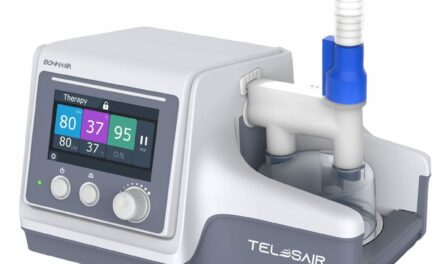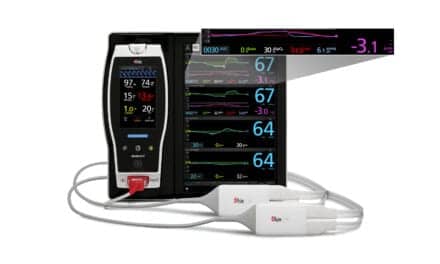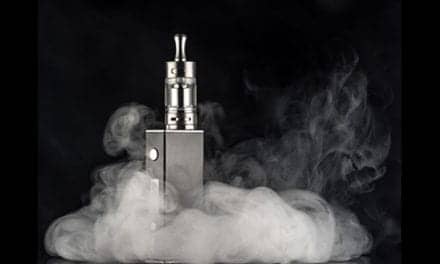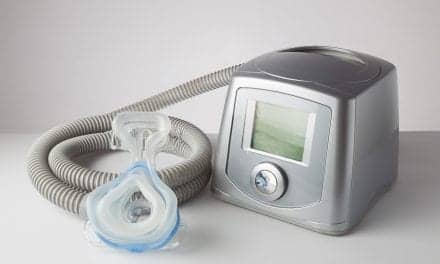The US Food and Drug Administration (FDA) issued marketing denial orders to 10 companies, which collectively manufacture and market approximately 6,500 flavored e-liquid and e-cigarette products.
The companies may not market or distribute these products in the US, and retailers who sell these illegal products risk FDA enforcement action.
The premarket tobacco product applications, which were for a variety of flavored e-cigarette products, did not provide sufficient evidence to show that permitting the marketing of these products would be appropriate for the protection of the public health. Flavors of some of the products denied include citrus, strawberry cheesecake, cool mint, and menthol.
The marketing denial orders add to FDA’s progress on reviewing and issuing decisions on the applications for over 26 million new tobacco products that FDA has received since spring 2020, the majority of which were for e-cigarette products. To date, FDA has completed review and taken action on over 99% of these applications.
“Science is a cornerstone of FDA’s tobacco product review process,” says Matthew Farrelly, PhD, director of the office of science within FDA’s Center for Tobacco Products, in a release. “Today’s decision to deny approximately 6,500 products was based on the lack of scientific evidence provided in the applications. We will continue to ensure all new tobacco products undergo robust, scientific premarket evaluation to determine whether they meet the appropriate public health standard to be legally marketed.”
The FDA evaluates premarket tobacco product applications based on a public health standard that considers the risks and benefits of the product on the population as a whole. As part of reviewing these companies’ premarket tobacco product applications, the FDA considered whether the products in the applications showed an added benefit to adult smokers, as compared to tobacco-flavored e-liquid and e-cigarette products, that could outweigh the known and substantial risk of flavored e-liquid and e-cigarette products to youth. The evidence submitted by the applicants was not sufficient to demonstrate such a benefit.
“It is the applicant’s responsibility to provide sufficient scientific evidence to demonstrate that marketing a new tobacco product is appropriate for the protection of the public health,” says Brian King, director of the Center for Tobacco Products, in a release. “That bar of scientific sufficiency has not been met to date for any flavored e-cigarette product, including in this instance. But if an applicant were to meet that bar, FDA would authorize the product.”
The companies that received marketing denial orders include:
- Imperial Vapors LLC
- Savage Enterprises
- Big Time Vapes
- SWT Global Supply Inc.
- Great Lakes Vapor
- DNA Enterprise LLC dba Mech Sauce
- Absolute Vapor Inc.
- ECBlend LLC
The FDA is not disclosing the names of the other two companies that received marketing denial orders to protect potential confidential commercial information, according to a release from the FDA.
If the product is already on the market, the product must be removed from the market or risk enforcement.










